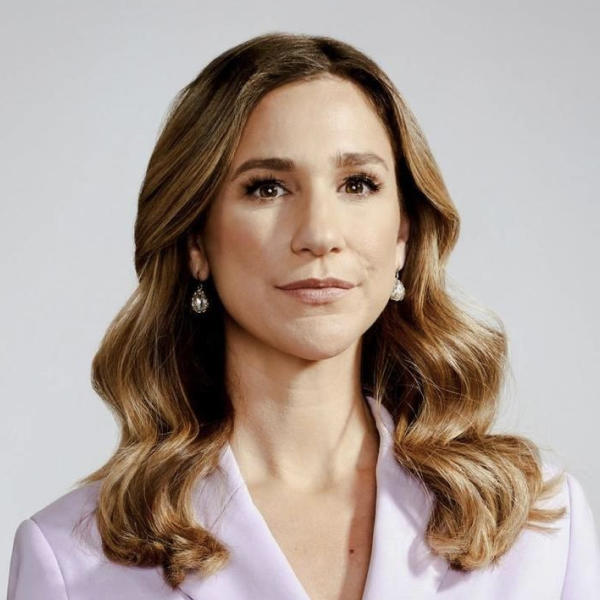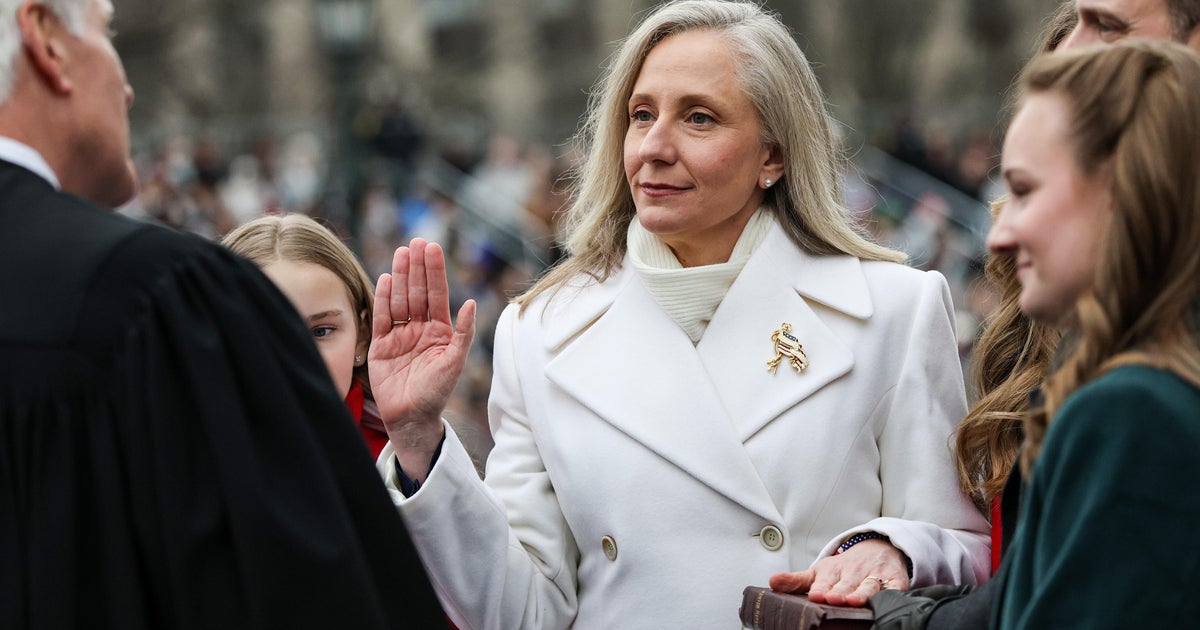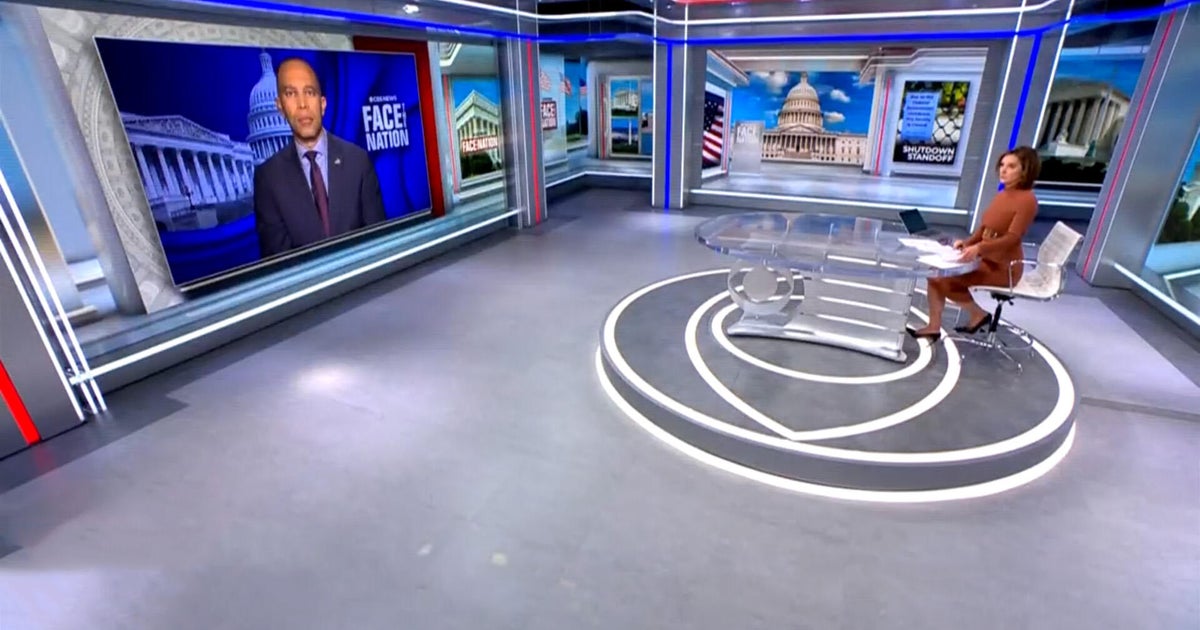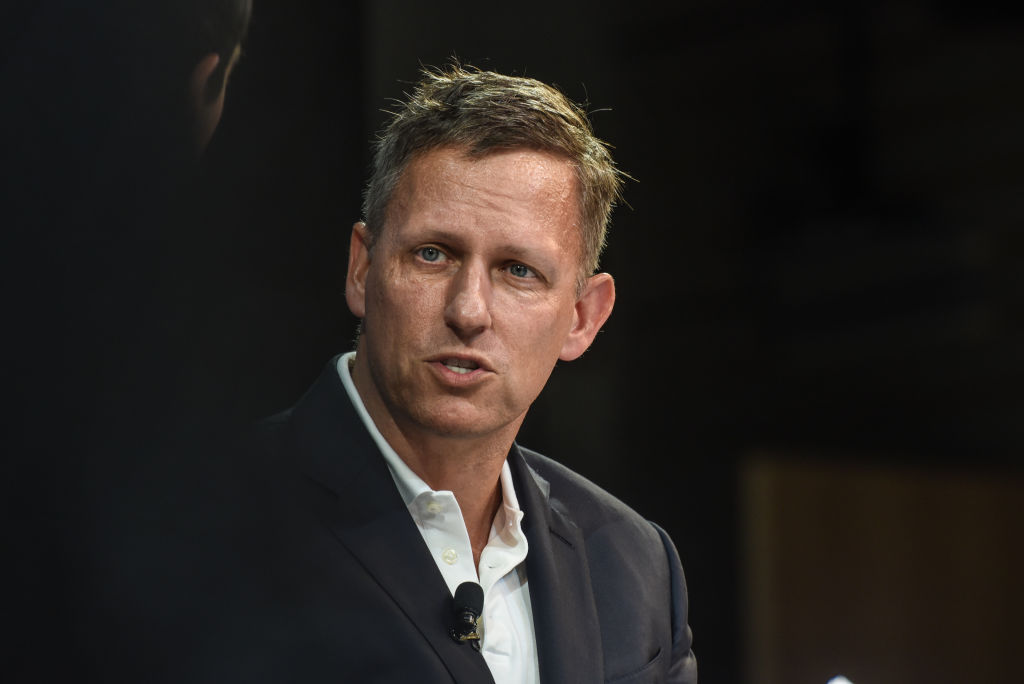Alexandria Ocasio-Cortez introduces 2020 policy test with Green New Deal
Alexandria Ocasio-Cortez isn't old enough to run for president. But the freshman congresswoman from New York introduced a Green New Deal resolution on Thursday that is already emerging as a key policy test for 2020 Democratic candidates.
"Our first step is to define the problem and define the scope of the solution," Ocasio-Cortez told reporters during a Thursday afternoon press conference for her newly-introduced proposal, which was quickly backed by Democratic presidential hopefuls Senators Kirsten Gillibrand, Kamala Harris, Elizabeth Warren and Cory Booker. "Small, incremental policy solutions are not enough."
Several contenders vying for the Democatic nomination have expressed support for the underlying principles of the sweeping resolution to combat climate change, and activist groups energized by the November midterm election wins have been pressuring candidates to sign on as co-sponsors.
"We are going to be pressuring all the 2020 contenders, especially the senators, to co-sponsor the bill," Stephen O'Hanlon, a spokesperson for the Sunrise Movement, a climate change group that staged a high-profile sit-in in House Speaker Nancy Pelosi's office in November which Ocasio-Cortez attended, told CBS News. "It will make clear who is just using it as a buzzword and who is taking it seriously."
Progressive activists are "extremely supportive of the Green New Deal and think of it as the gold standard plan on climate, and expect their presidential candidates to be treating it as such," said Chad Bolt, associate policy director of Indivisible, a grassroots resistance group. Bolt says the environment ranks among the top three issues for its members.
The resolution introduced by Ocasio-Cortez and Massachusetts Sen. Ed Markey, a Democrat, is broad and light on specifics, and seen more as a roadmap for overhauling the economy than a concrete piece of legislation. The resolution includes plans to decarbonize the economy, reduce greenhouse gases, make sure low-income and minority communities benefit, create a federal jobs guarantee, provide universal health care and make investments in infrastructure.
The Green New Deal proposal is named after President Franklin Roosevelt's sweeping "New Deal" economic and labor reforms during the Great Depression. It's aimed a transforming the American economy by ending its dependence on fossil fuels, investing heavily in renewable energy like solar and wind and sparking large-scale job-creation. Some proposals have set the goal to converting the entire U.S. economy to renewable energy within 12 years and eliminating the carbon footprint by 2030.
The lack of specifics could present opportunities and liabilities for presidential candidates. On one hand, it becomes a kind of "catch-all" way to talk about the environment, jobs and economic fairness, issues at the forefront of the party's primary. But on the other, it could put candidates in a difficult position when pressed on the costs and impact on certain jobs and industries. The debate over Medicare-for-All has already shown the kinds of risks and rewards candidates face.
Republicans have branded the proposal as a costly fringe policy goal, and many centrist Democrats have not backed the initiative. Pelosi referred to it Thursday morning as a "suggestion" and the "green dream."
"It will be one of several or maybe many suggestions that we receive," Pelosi told Politico in an interview. "The green dream or whatever they call it, nobody knows what it is, but they're for it right?"
Later in the morning, Pelosi said she had not seen the proposal. "I do know its enthusiastic and I welcome all the enthusiasm that is out there," she told reporters during her weekly press conference. Pelosi also named the nine Democratic members of the new Select Committee on the Climate Crisis — and notably left Ocasio-Cortez off the list. The New York Democrat said Pelosi offered her a spot, but she declined it because she wanted to focus on the "legislative" side of climate policy.
Despite some hesitation within the party, the Democratic base sees the proposal as a way for its leaders to capitalize on their new power in Washington.
Read the resolution here:
In a statement to CBS News on Tuesday, Congressman Raúl Grijalva, Democrat of Arizona, confirmed that he will be supporting the resolution, after initially being reluctant to back it. "The Green New Deal will put the health and well-being of our communities first," Grijalva said. Its aspirational goals will help our country combat climate change through clean and renewable energy, create millions of new jobs in the process, and safeguard our environment for generations to come."
Most of the Democratic presidential candidates have also broadly endorsed the idea behind the Green New Deal.
Oregon Democratic Sen. Jeff Merkley, who's mulling a presidential bid, said the issue should be an integral part of his party's agenda going forward. On CBSN's "Red and Blue," Merkley outlined what he believes should be the key components of a comprehensive Green New Deal.
"The core objectives are some things such as let's drive a fast transition from fossil fuel, carbon transmission creating energy sources to renewable energy so that we save our planet. Second principle is, let's create tens of millions of jobs as we renovate our energy economy," he said Tuesday. "A third principle — a just transition for fossil fuel workers so that no one is left behind and so we show respect and gratitude for all the work they've done to power economy is the decades past."







